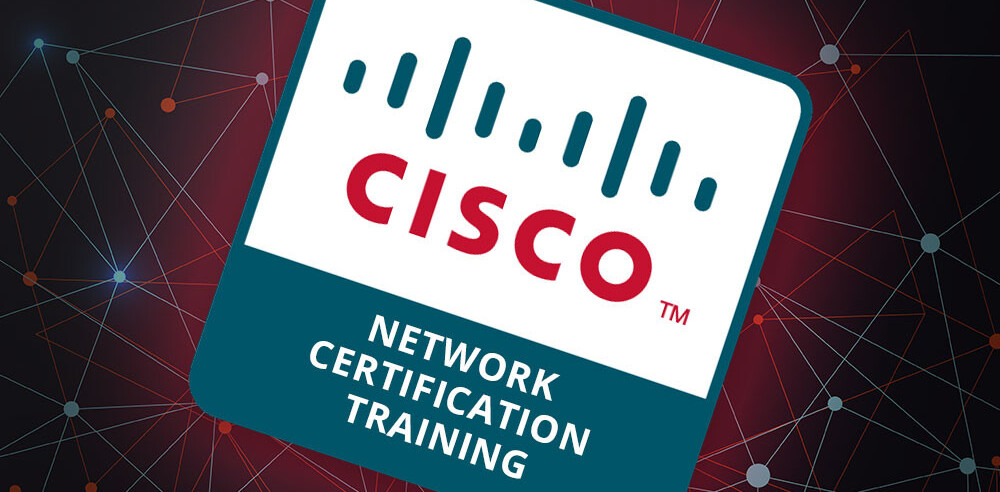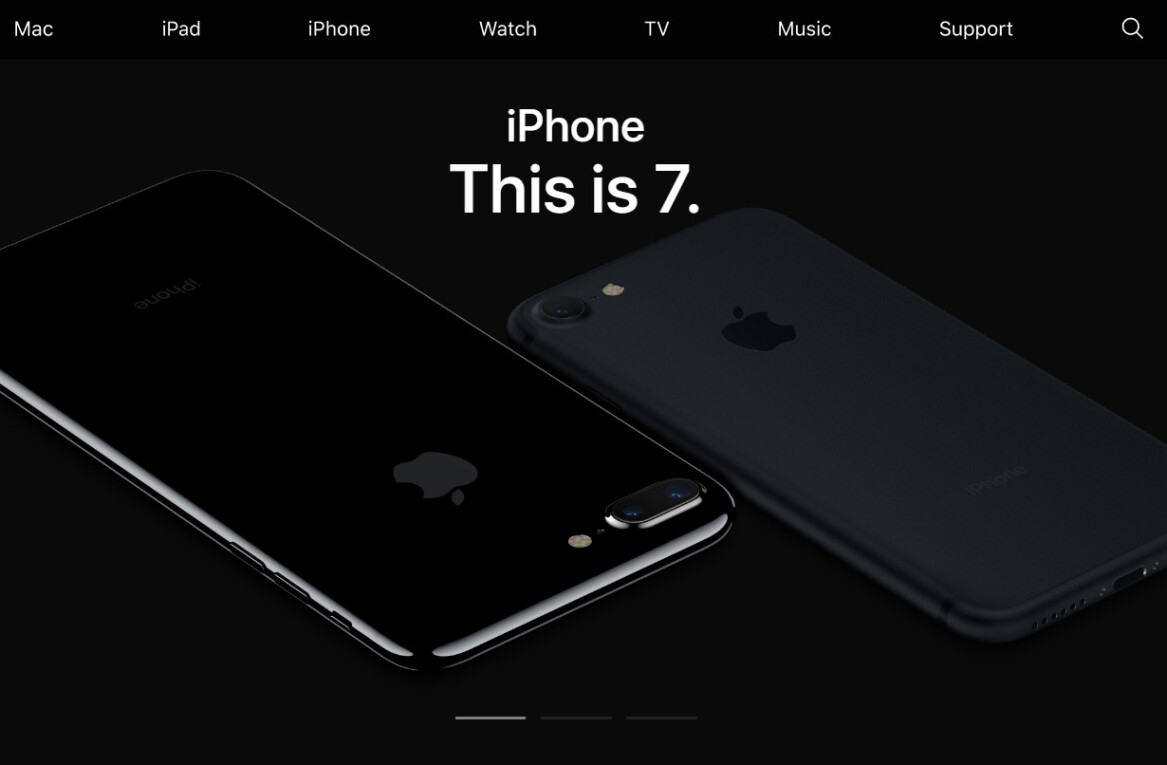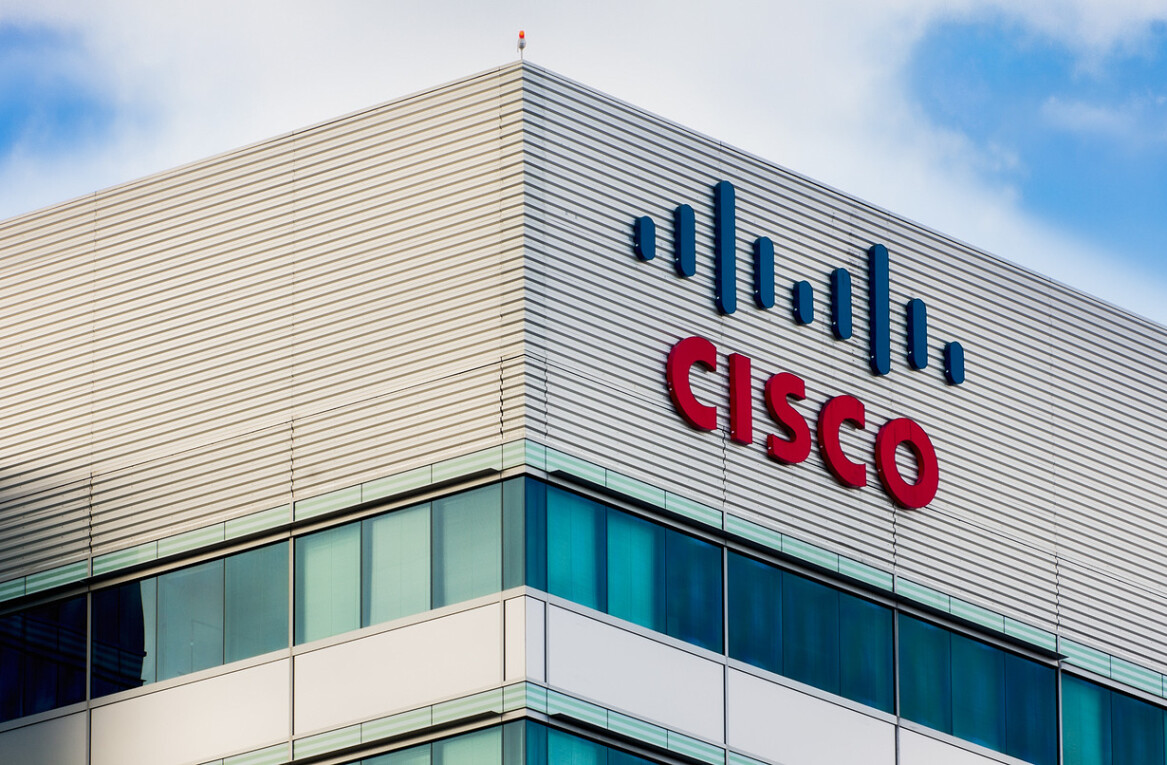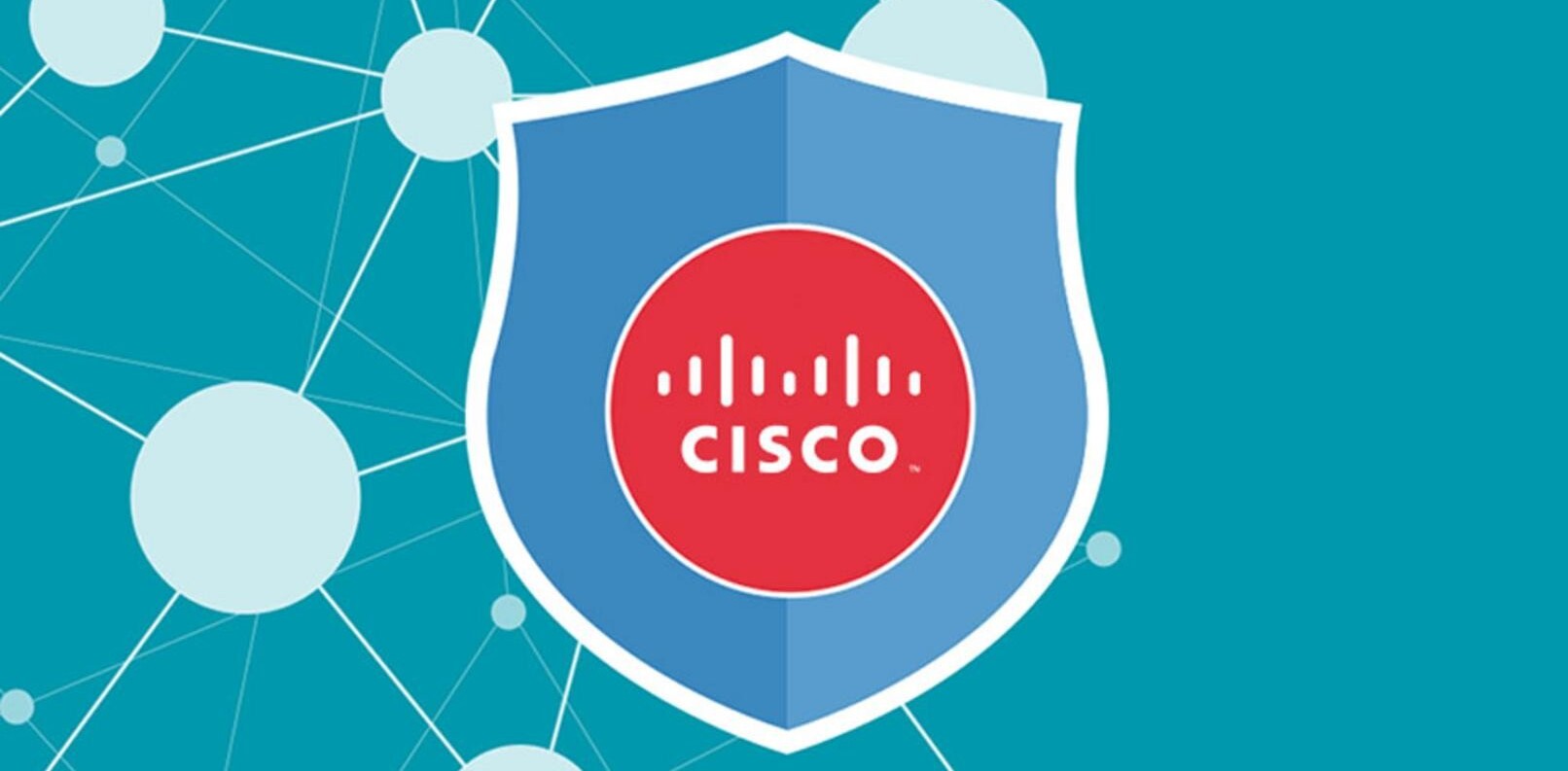
 The City of Vancouver, Cisco, and Vancouver-based Pulse Energy have inked a deal to bring green tech and energy management tools to Vancouver city buildings and homes in the near future. I had a chance to chat with City Councilor Andrea Reimer about what the deal means for people and, frankly, I’m excited about the program. Andrea told me that there is a five-pronged approach to this initiative that will first bring smart metering to city buildings, then to homeowners (get me on that list!), green data centres, data analysis by the University of British Columbia, a living lab showcasing local technologies, and finally connecting in with Urban Eco Map. All together this means we’ll have more information and understand of how we use energy and where we can save energy.
The City of Vancouver, Cisco, and Vancouver-based Pulse Energy have inked a deal to bring green tech and energy management tools to Vancouver city buildings and homes in the near future. I had a chance to chat with City Councilor Andrea Reimer about what the deal means for people and, frankly, I’m excited about the program. Andrea told me that there is a five-pronged approach to this initiative that will first bring smart metering to city buildings, then to homeowners (get me on that list!), green data centres, data analysis by the University of British Columbia, a living lab showcasing local technologies, and finally connecting in with Urban Eco Map. All together this means we’ll have more information and understand of how we use energy and where we can save energy.
Did you know that you can achieve a 4-15% reduction in energy use (therefore cost) just by knowing about your energy use? So applied to city buildings, the first phase, this could save taxpayers a good chunk of change. When you apply this to homeowners, imagine what you can save by eliminating and managing “vampire devices” in your home. In the homeowner phase, Cisco and Pulse will be supplying their technologies for free to help both test the devices in the real world and provide data for UBC’s analysis of power use. Yeah, sign me up for that! I’m game!
The data from this project will help feed into the Urban Eco Map (currently Amsterdam and San Francisco are the only cities in the map) which will allow people to understand their city’s even their neighborhood’s energy use. Maybe your neighborhood is great at saving electricity, but your carbon footprint is high because of driving, you could look at similar areas that have lower carbon footprints and see what they are doing (or just move there).
Andrea said that this initiative ties in nicely with both Vancouver’s Open Data project and the Greenest City 2020 plan, but some might cry fowl because most of our electricity use (for example) is generated by hydro power (so little carbon impact). What would reducing electricity use do for climate change? Andrea took this head on noting that by reducing the energy use now, we stave off having to build more dams and plants in the future, which would save both money and conserve land.
From the Cisco press release, here are the highlights and goals:
- The city of Vancouver, Cisco and Pulse Energy are joining together to explore opportunities that will transform the city’s energy and environmental strategy through the use of innovative technology. Principal areas of collaboration will include:
- A showcase for Vancouver technologies: Creating a ‘living lab’ culture that enables and showcases Vancouver and B.C.-based technologies developed in partnership with the city, global leaders like Cisco, and other local partners like Pulse Energy.
- Building-energy management: Deploying a comprehensive pilot of the Cisco Network Building Mediator, combined with Pulse Energy software, to monitor and manage energy consumption for several city-owned buildings, including City Hall.
- Residential-energy management: Conducting pilot deployments of the Cisco Home Energy Controller, focused on enabling consumers to monitor and reduce residential electricity consumption. IDC found that customers reduce overall energy use by 4 to 15 percent when they receive real-time feedback on power consumption. According to a study by Zogby International, 74 percent of users are likely to change their energy use if they are given the technology solutions to do so.
- Energy sustainability: Enabling Vancouver to provide climate-change information and actionable steps for its citizens to take to minimize their environmental impact. Vancouver will utilize Cisco’s Urban EcoMap, an Internet-based tool, to create awareness among its residents of the impact of carbon emissions on their urban environment. The tool provides information on carbon emissions from transportation, neighborhood energy and waste use, and delivers tips on ways to reduce a resident’s carbon footprint.
- “Green” data center: Establishing a model energy-efficient data center to foster research, development and deployment to advance the transition to the real-time data acquisition and integration of smart-grid applications.
The bottom line for me, and what I think people should be excited about, is that the city is first going to be more proactive about trying to save energy. City buildings and data centres are huge energy sucks, anything we can do to help reduce that will save money. Leading the way, then bringing homeowners/renters into the picture is a great way to get green tech accepted and in use. When the Living Lab opens, you can bet I’ll be there to show you the cool stuff that will be showcased (cause I think all of this stuff is cool).
Get the TNW newsletter
Get the most important tech news in your inbox each week.





